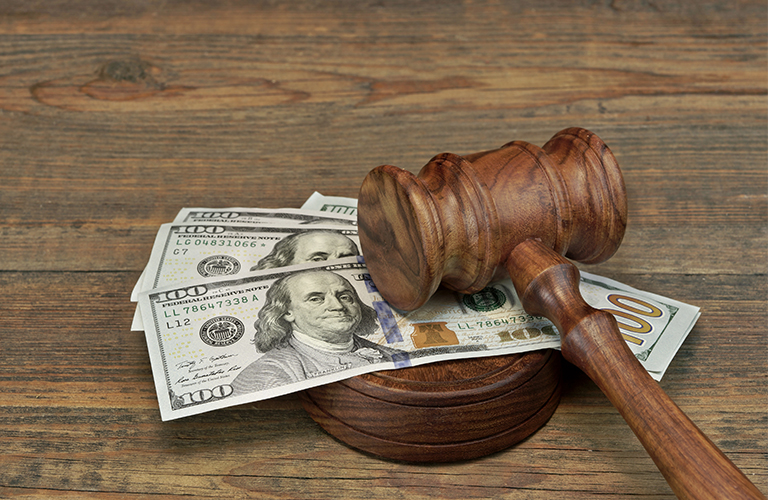
On October 24, 2016 the Ninth Circuit joined the Third, Fourth, Fifth and Sixth Circuits in applying the fee-shifting ruling of Octane Fitness LLC v ICON Health & Fitness Inc, 134 S Ct 1749 (2014), to a Lanham Act case – SunEarth Inc v Sun Earth Solar Power Co, DC 4:11-cv-04991-CW (9th Cir 2016).
The 2014 Supreme Court decision in Octane Fitness overturned the Federal Circuit’s standard for determining when a case is “exceptional” under 35 USC §285, adopting a flexible “totality of the circumstances” analysis and lowering the standard of proof to establish entitlement of fees from “clear and convincing evidence” to a “preponderance of the evidence”. While Octane Fitness was a patent law decision, the Lanham Act and Patent Act both limit the award of attorney fees to “exceptional” cases. The SunEarth decision brings the total to five circuits that have held that the Octane Fitness standard should apply for determining an “exceptional” case brought pursuant to the Lanham Act.
Previously, attorney fees were awarded only where there was “malicious, fraudulent, deliberate or willful” infringement. Now district courts in the Third, Fourth, Fifth, Sixth and Ninth Circuits can exercise their discretion in awarding attorney fees based on a flexible “totality of the circumstances” analysis. In determining whether an award of attorney fees is warranted, the court may consider a number of factors including frivolousness, motivation, objective unreasonableness and the need to advance considerations of compensation and deterrence.
In addition, in SunEarth the court held that attorney fees awards granted pursuant to the Lanham Act should be reviewed for abuse of discretion, overruling precedent that mandated de novo review. This decision aligns with another patent law decision by the Supreme Court – Highmark Inc v Allcare Health Mgmt Sys Inc, 134 S Ct 1744 (2014), in which the court held that attorney fees awards under the Patent Act should be reviewed under the deferential “abuse of discretion” standard.
This recent decision by the Ninth Circuit is in line with the trend of the circuit courts to apply interpretations of the Patent Act to counterpart provisions in the Lanham Act. As the Supreme Court has taken a more flexible, deferential approach to the award of attorney fees under the Patent Act, trademark litigants will also be able to benefit from the less burdensome requirements for obtaining and maintaining an award of attorney fees in Lanham Act cases.
While district courts within the Eighth, Tenth and Eleventh Circuits have applied the Octane Fitness decision to Lanham Act cases, the Second and Seventh Circuits continue to use a traditional analysis – see Point 4 Data Corp v Tri-State Surgical Supply & Equip, Case 11-CV-726 (EDNY September 10 2015) and Burford v Accounting Practice Sales Inc, 786 F.3d 582 (7th Cir 2015). Notably, there may soon be a shift in the Second Circuit as Tri-State has appealed the district court’s decision denying attorney fees and is urging the Court of Appeals for the Second Circuit to apply Octane Fitness, see Point 4 Data Corp v Tri-State Surgical Supply & Equip, Case 15-3212 (2nd Cir).
A copy of the SunEarth decision is available here.
This article first appeared on WTR Daily, part of World Trademark Review, in December 2016. For further information, please go to www.worldtrademarkreview.com.

